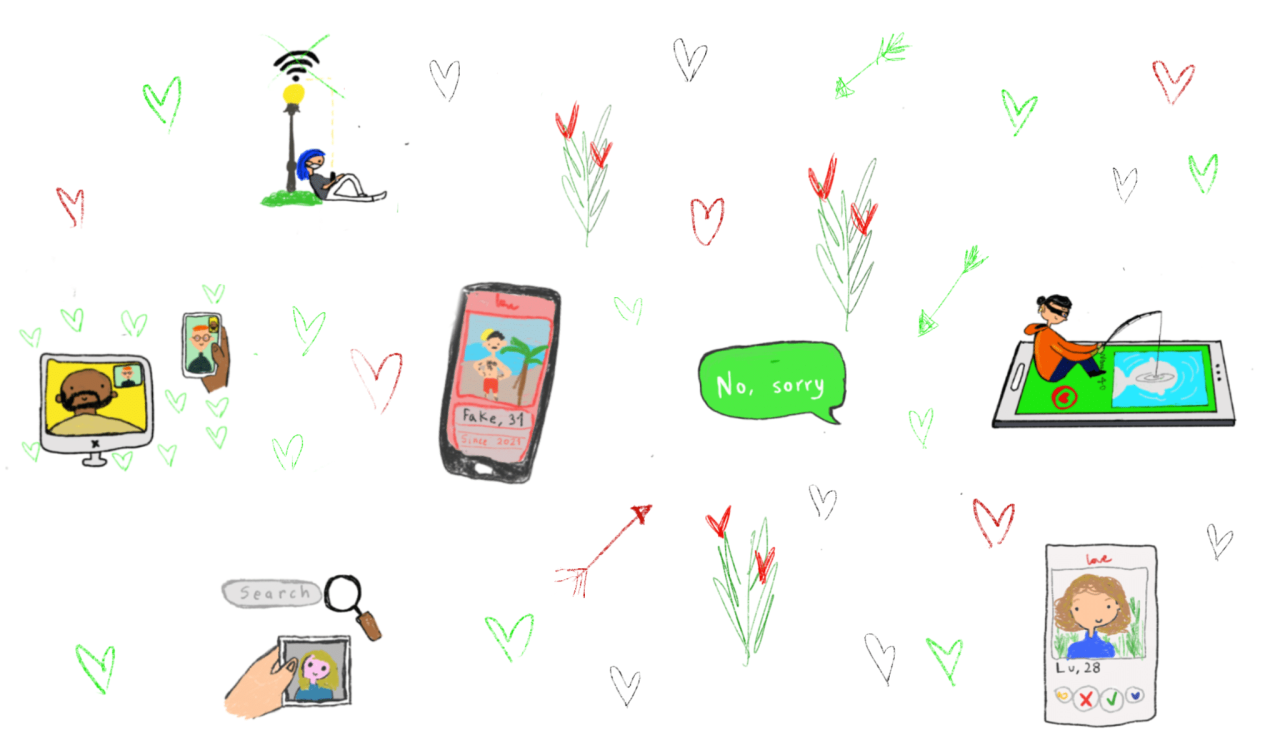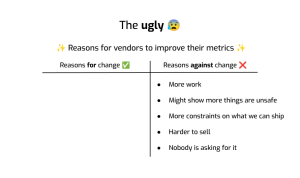How to Use Dating Apps Without Killing Your Self-Esteem serves as a crucial guide for navigating the often tumultuous world of online dating. In an era where digital connections are commonplace, many individuals find themselves grappling with self-worth while seeking companionship. This exploration delves into the strategies that can help users maintain a healthy self-image while engaging with various dating platforms.
As online dating becomes increasingly popular, understanding the dynamics at play is essential. Dating apps can offer exciting prospects but may also lead to feelings of inadequacy if not approached thoughtfully. By examining the psychological effects of these platforms and providing actionable tips, this discussion aims to empower users to enjoy dating while preserving their self-esteem.
The rapid advancement of technology has fundamentally altered the landscape of communication, interaction, and the dissemination of information. The advent of the internet has particularly played a catalytic role in transforming how individuals connect with one another and access information. This article will delve into the multifaceted influence of the internet on human society, examining its impact on communication, education, social interactions, and the economy.To begin, one cannot overlook the revolutionary changes in communication brought about by the internet.
Traditional forms of communication, such as letters and landline telephones, have been largely supplanted by instantaneous methods that the internet facilitates. Email, messaging apps, and social media platforms enable users to engage with one another in real time, regardless of geographical location. Research indicates that these technologies have fostered a more interconnected world, allowing for collaborations and exchanges that were previously unimaginable.Moreover, the shift to digital communication has led to the emergence of new social norms and etiquettes.

For instance, the use of emojis and GIFs has become commonplace in digital conversations, serving as a form of non-verbal communication that adds emotional depth to text-based interactions. However, this transformation is not without its challenges. The rise of digital communication has also given way to issues such as cyberbullying, misinformation, and a decline in face-to-face interactions, prompting society to grapple with the implications of a digitally dominated communication landscape.In parallel, the internet has revolutionized education, creating a paradigm shift that democratizes access to knowledge.
Online learning platforms, such as Coursera and Khan Academy, have made it possible for individuals to pursue education at their own pace and from the comfort of their homes. This flexibility has enabled a broader demographic to engage with educational content, particularly those who may have been unable to attend traditional brick-and-mortar institutions due to geographical or financial constraints.Furthermore, the integration of the internet into educational settings has fostered innovative teaching methodologies.
Educators can now leverage multimedia resources, interactive simulations, and real-time feedback mechanisms to enhance the learning experience. Studies have shown that blended learning environments, which combine traditional and digital instructional methods, often yield better educational outcomes than conventional approaches alone.However, the digital divide remains a pressing issue in the realm of education. Disparities in access to technology can exacerbate existing inequalities, leaving marginalized groups at a disadvantage.
To mitigate this challenge, policymakers and educational institutions must prioritize equitable access to technology and training, ensuring that all students can benefit from the opportunities that the internet provides.In addition to transforming communication and education, the internet has also significantly altered social interactions. Social media platforms such as Facebook, Twitter, and Instagram have created new avenues for individuals to express themselves and connect with others.
These platforms enable users to share their thoughts, experiences, and creativity, fostering communities that transcend geographical boundaries.Research has shown that social media can enhance social connectedness and provide support networks for individuals facing various challenges. For example, individuals with chronic illnesses or those belonging to marginalized communities often find solace and camaraderie through online support groups. However, the rise of social media has also been linked to increased feelings of isolation, anxiety, and depression among users, particularly among younger demographics.
The curated nature of online personas can create unrealistic expectations and foster a sense of inadequacy, necessitating a careful examination of the mental health implications associated with social media use.On a larger scale, the internet has become a driving force in shaping the global economy. E-commerce platforms such as Amazon and Alibaba have revolutionized the retail landscape, providing consumers with unparalleled access to goods and services.
The convenience of online shopping has fundamentally altered consumer behavior, leading to the decline of traditional brick-and-mortar retail establishments. This shift has not only transformed the shopping experience for consumers but has also prompted businesses to adapt their strategies to remain competitive in a digital-first marketplace.Furthermore, the gig economy, facilitated by internet platforms like Uber and TaskRabbit, has emerged as a prominent feature of contemporary labor markets.
While this model offers flexibility and opportunities for individuals to earn income, it also raises concerns regarding job security, benefits, and workers’ rights. The gig economy exemplifies the dual-edged nature of internet-driven transformation, illustrating both the potential for innovation and the challenges that accompany such rapid change.In conclusion, the influence of the internet on society is profound and multifaceted, touching nearly every aspect of daily life.
From revolutionizing communication and education to reshaping social interactions and economic structures, the internet has become an integral part of the human experience. However, it is essential to acknowledge and address the challenges that accompany this transformation, including issues of inequality, mental health, and the future of work. As society continues to navigate the complexities of a digitally interconnected world, ongoing research and dialogue will be crucial in ensuring that the benefits of the internet are realized for all individuals.






